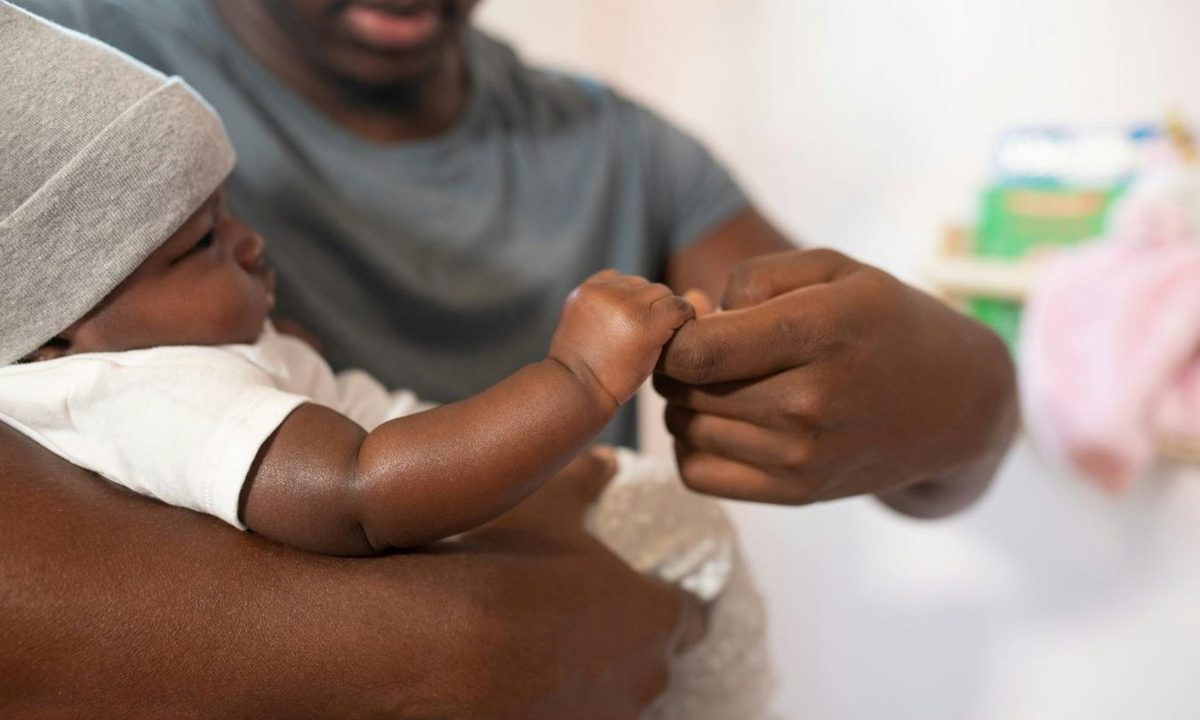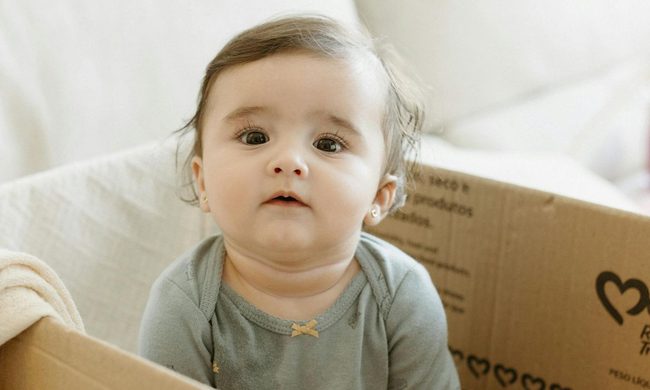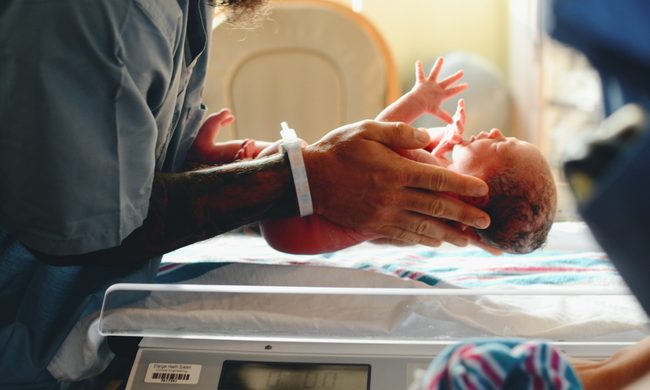Of course, the ideal situation when it comes to caring for your newborn, is for one parent to be able to stay at home with the baby. In most cases, though, that isn’t a viable option, especially if you’re a single parent. Some parents need to find a suitable childcare situation for their infant as soon as their maternity or paternity leave ends. The U.S. doesn’t have a set maternity leave unlike some countries. Laws vary from state to state, but the Family and Medical Leave Act or FMLA says that employees at companies of 50 or more people must be granted a minimum of 12 weeks leave to take care of a newborn.
Those three months following a baby’s birth will fly by. So, if you’re thinking about daycare for infants, what options are available, and when you should even start looking, we’ve got your go-to guide to help you make this very important decision.
Daycare for infants
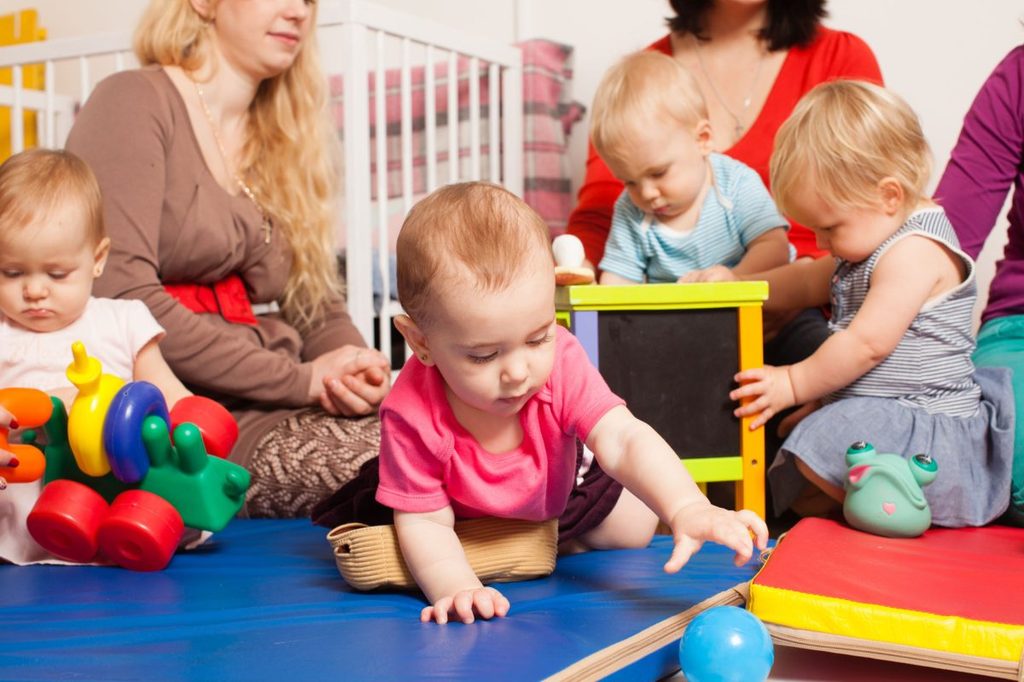
When it comes to finding quality care for your baby, there isn’t a more vital decision you will make. Those early first months are essential for your newborn’s development. So, if you know you won’t be able to stay at home with your baby when your maternity leave is over, you want to place your little one in a childcare situation that provides a safe and nurturing environment. When it comes to daycare for infants, there are three main options.
At-home care
Probably the best option after having a parent stay at home, is having someone come to your house to care for your infant. This childcare situation allows your baby to stay in familiar surroundings and eliminates the need to take your little one to another place. It also limits exposure to germs since your baby won’t be sharing the childcare space with other children.
A perfect pick would be a retired grandparent willing to take care of the baby every day. Other choices include hiring a daily babysitter or a nanny. A nanny can be a live-in or a daily nanny. At-home care if your caregiver isn’t a family member, can be expensive. Some families in the same neighborhood sometimes work out a nanny-sharing system that helps out with the cost of an in-home caregiver.
Family childcare
Another daycare situation is one provided by a caregiver in their home. Family childcare centers can have multiple infants and kids ranging in age. This daycare situation tends to be a more cost-effective one than hiring an in-home caregiver.
Family childcare centers still give your baby that homey feel while providing opportunities for socialization. Of course, having other kids around means your baby will be exposed to more germs because, as parents we know, kids are petri dishes. Not all family childcare centers are on the books, which means they aren’t regulated by the state you live in. Caregivers at family centers also aren’t necessarily trained in childcare or basic first aid.
Daycare centers
The final choice for parents is a daycare facility to look after their infant while they’re at work. Daycare centers are state-licensed facilities and must meet certain standards to remain open. Employees are trained and typically have experience taking care of children ranging in age from newborns through preschool.
Not all daycare centers take infants. Those that do; usually have a separate room designated for babies. Daycare centers can be privately owned, attached to your employer, or a franchise. Tuition can be costly for a well-run daycare center with an excellent reputation. Many quality daycare centers sometimes have waiting lists, especially for infants.
How to decide on the best daycare for your baby
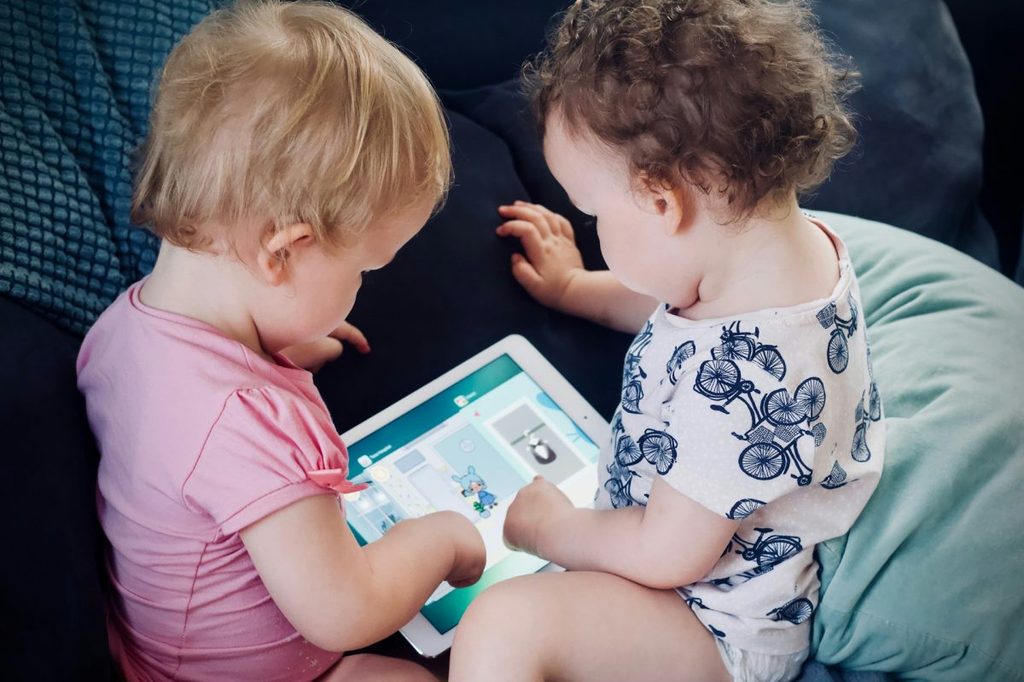
As your pregnancy progresses, the thoughts of you and your partner will undoubtedly turn toward what will happen in terms of childcare after the baby is born. Most families cannot afford the option of one parent staying at home to care for the baby as much as they would like to. So, if you’ve crunched the numbers, and two salaries are necessary to support the household, the decision process now moves to childcare options.
First off, see what maternity/paternity leave is provided by your places of employment. That will determine a timetable for when you will need to have a daycare situation in place. Then, take a hard look at whether or not you want to pursue in-home, neighborhood family childcare, or a daycare center. You must also consider if you’re going to need full or part-time childcare. This will depend on work schedules. Research is the key to finding the best childcare option to suit your family’s needs.
When you make a final decision regarding daycare for your infant, be sure to have a backup plan. At-home caregivers get sick and have family emergencies, too. The same goes for family care centers. If the primary caregiver is sick or the family center closes due to a family issue, you will need to have an alternate option. This isn’t a problem you will typically encounter with a daycare center, as they usually only close or have delayed hours due to extreme weather conditions.
When to begin looking for infant care

Finding safe, quality care for your newborn will most certainly take time. Once you’ve completed your research, you will either need to conduct interviews with in-home childcare givers or visit family or daycare centers. Tours at a family childcare center or a daycare center are a must. You need to see places outside of the home in action and more than once.
Since a lot goes into choosing the most suitable situation for your infant, parents should start the journey during the pregnancy. Start by asking around. Recommendations from relatives, friends, and colleagues is a great place to begin before you start Googling daycare centers in your area.
Questions to consider when choosing daycare for infants
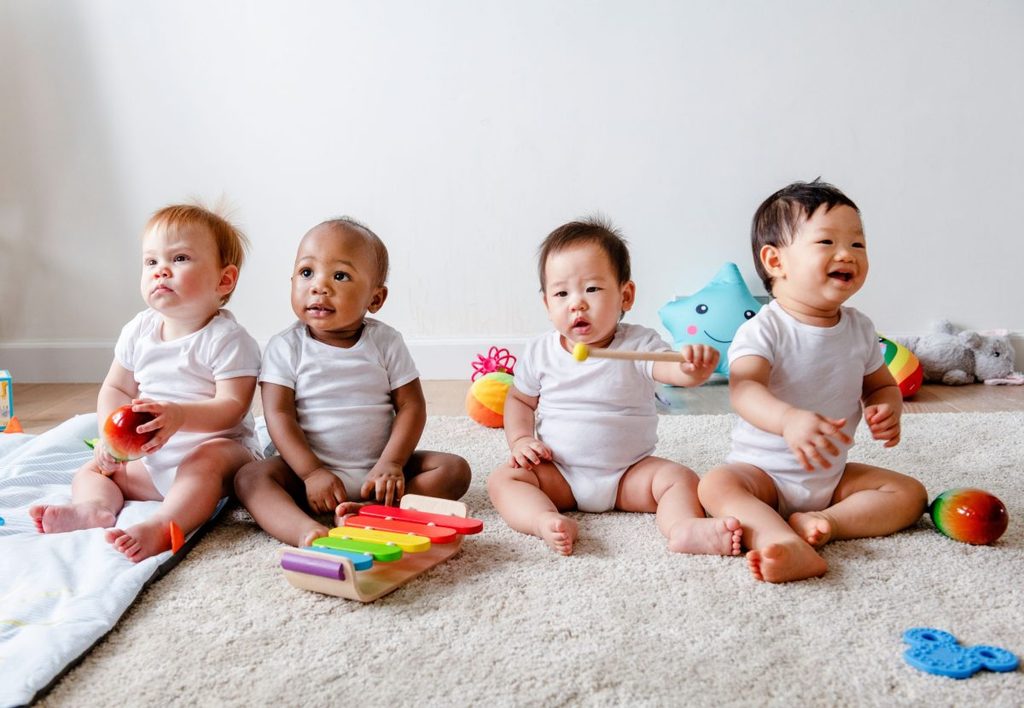
Looking for the right childcare situation for your infant is a huge undertaking. You want your baby to be in a safe and nurturing environment when you or your partner are unable to be there. Parents want peace of mind when they leave for work, knowing their baby is in a home away from home. Finding the right place will take time, and on your journey, you will need to ask the right questions. Keep these questions in mind when you’re visiting home or daycare centers as well as interviewing in-home candidates.
- Is the caregiver or staff licensed and trained to care for infants?
- Has a background check been completed on the staff? For babysitters or nannies, have a background check done.
- Does the staff or caregiver have basic first-aid training?
- What is the ratio of staff to children?
- What is the center’s sick policy?
- What are the center’s operating hours?
- Is there a late fee?
- Do you have to bring your own diapers, wipers, and crib sheets?
- Is food provided?
- Is there a separate infant room or are all the children, regardless of age, in the same area?
- Are toys disinfected daily?
- Where are medication and hazardous materials stored?
- What are the center’s safety procedures?
- Is there an enclosed playground?
- What is the daily schedule of the center?
- Ask for information on the center’s policy on screen time, allergies, naps, feeding schedule, potty training, discipline, administering medicine, and educational curriculum.
In addition to asking the right questions, keep your eyes open when you’re visiting a family care or daycare center. Look to see if the center, especially the diaper changing area, is a clean, well-maintained, and child-proofed space. Observe what the daycare center’s occupants are doing. Are they playing or plopped in front of the television? See if there is a range of age-appropriate toys, books, and puzzles. Your infant may not be going to an outside play area for a while, but taking a peek at how the outdoor playground is kept is also a window into the center’s safety consciousness.
Finding the right daycare for infants is a huge decision. It’s one that should start during the pregnancy. You never want to be in a position where you need to make a snap choice when it comes to childcare. Even if you’re planning to stay at home to care for your infant, you should always have a backup option in the works just in case something changes. We all know how unpredictable life can be. Deciding on whether in-home, family care, or a daycare center is right for your infant depends on a lot of factors, including work schedules and budgeting. Research is key in the journey to find the ideal childcare situation for your infant.

